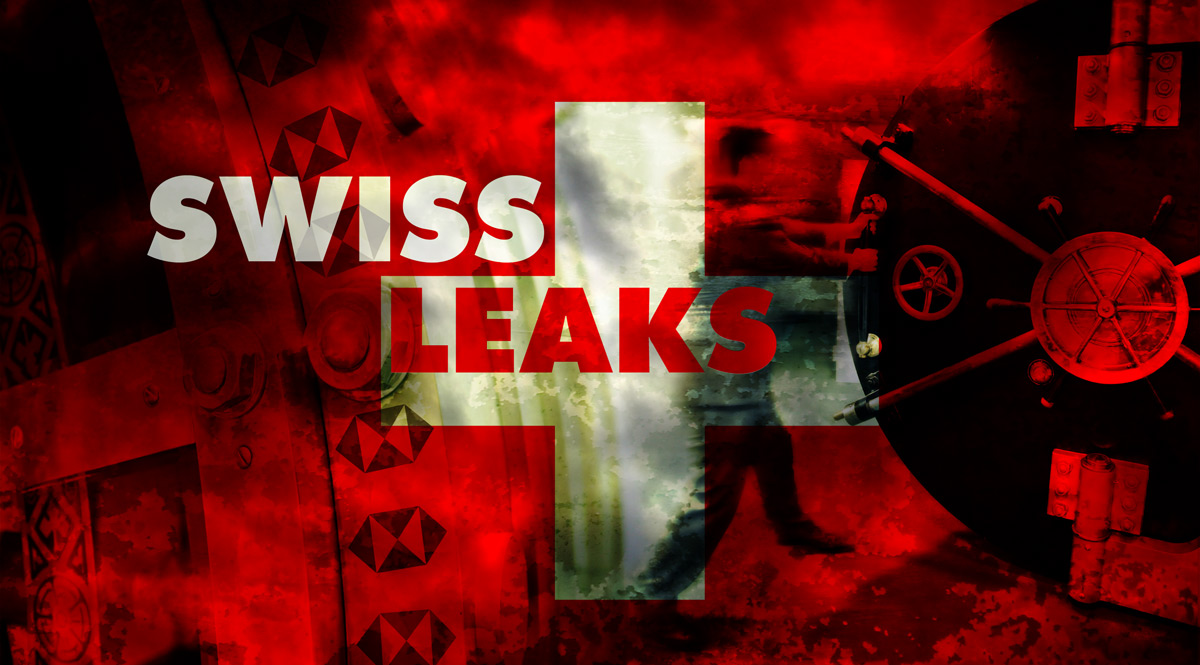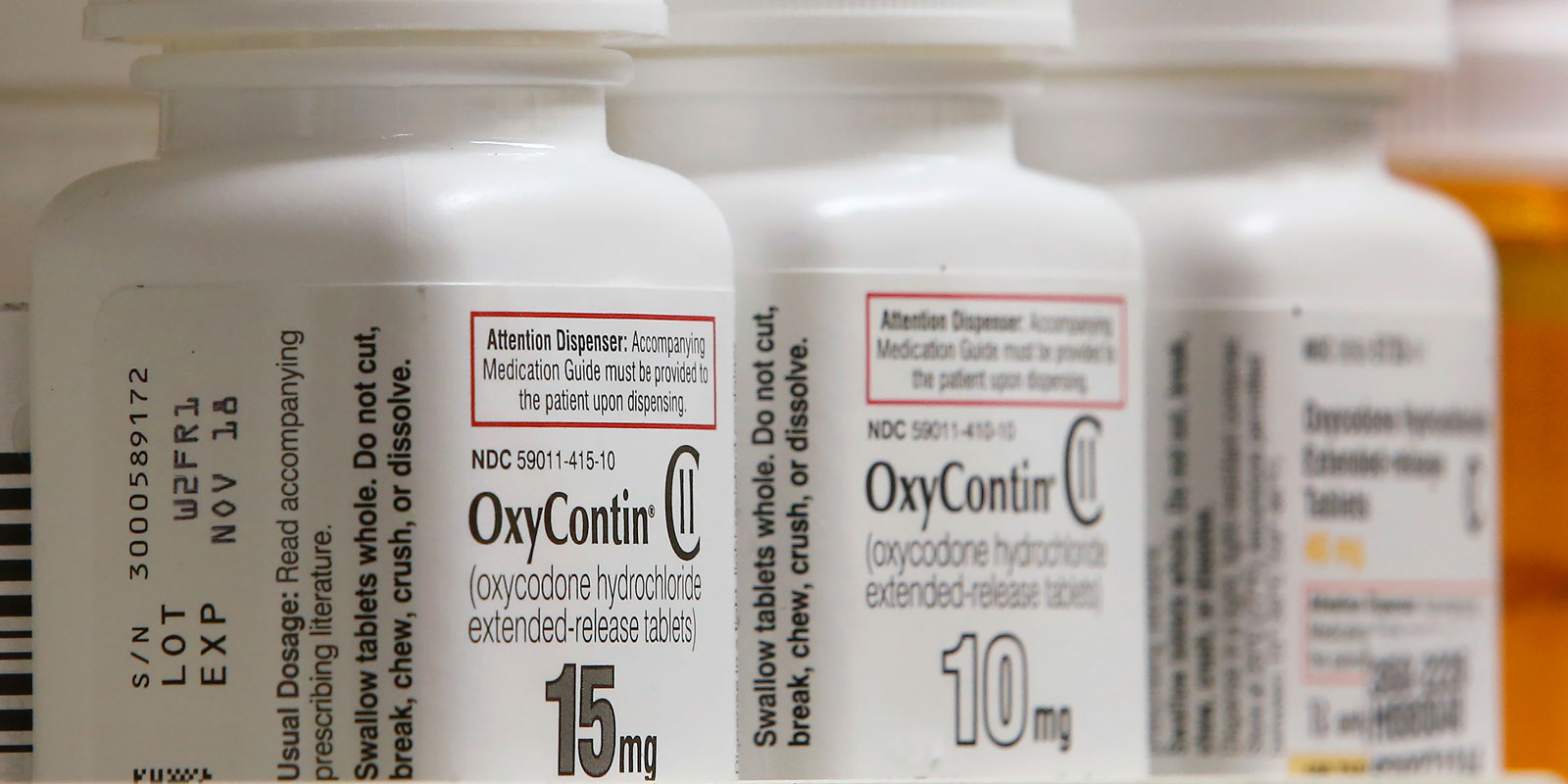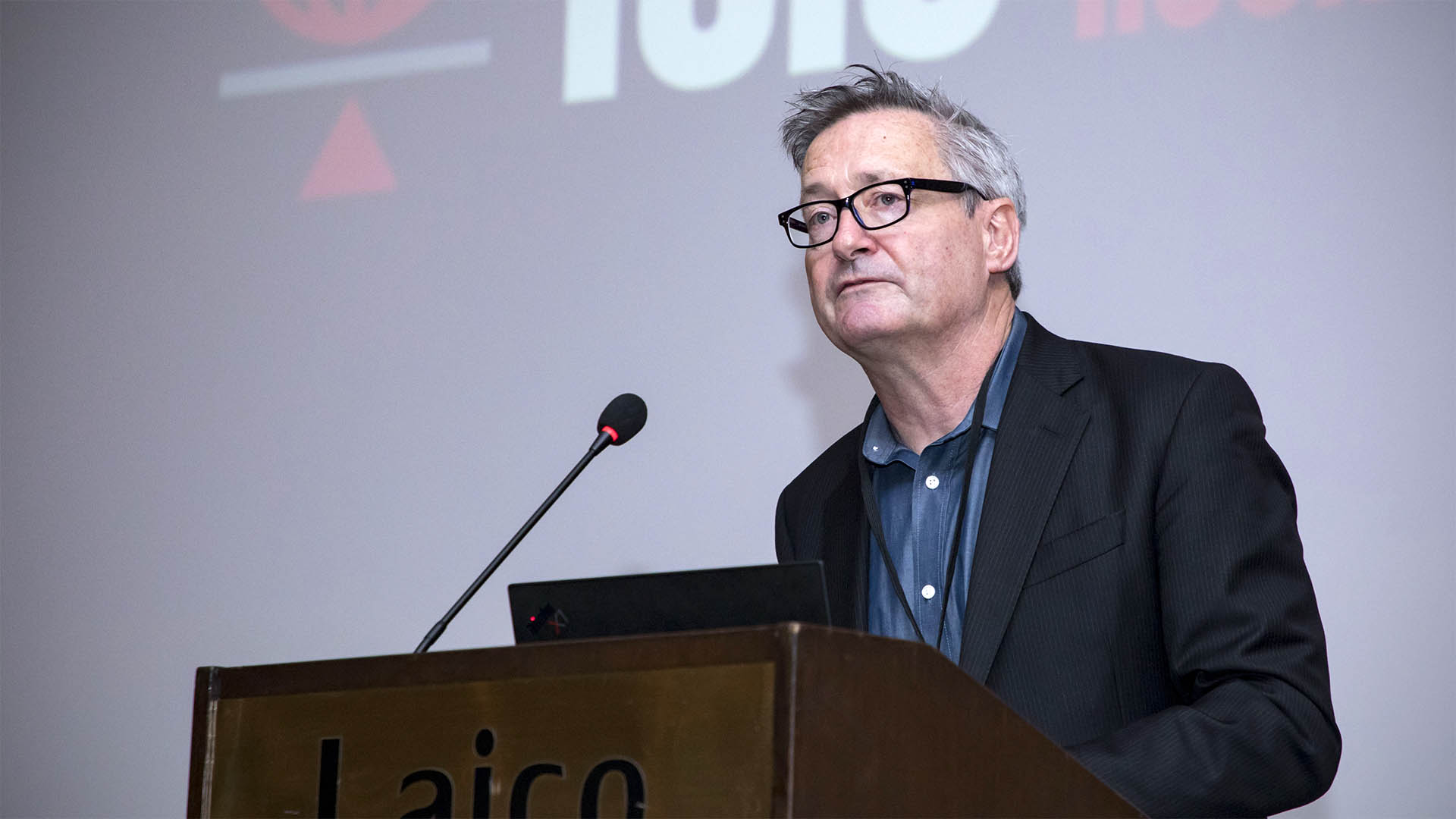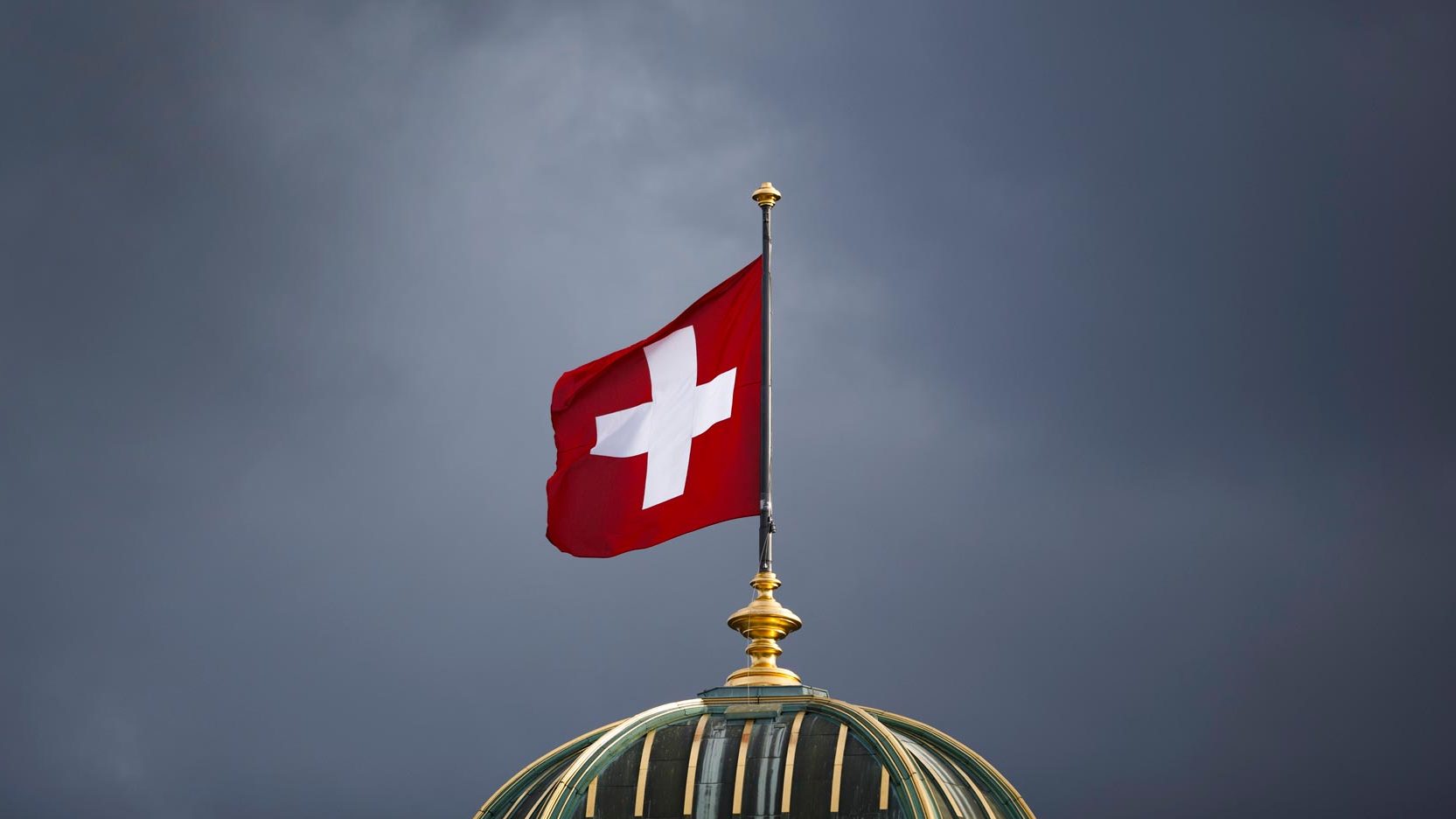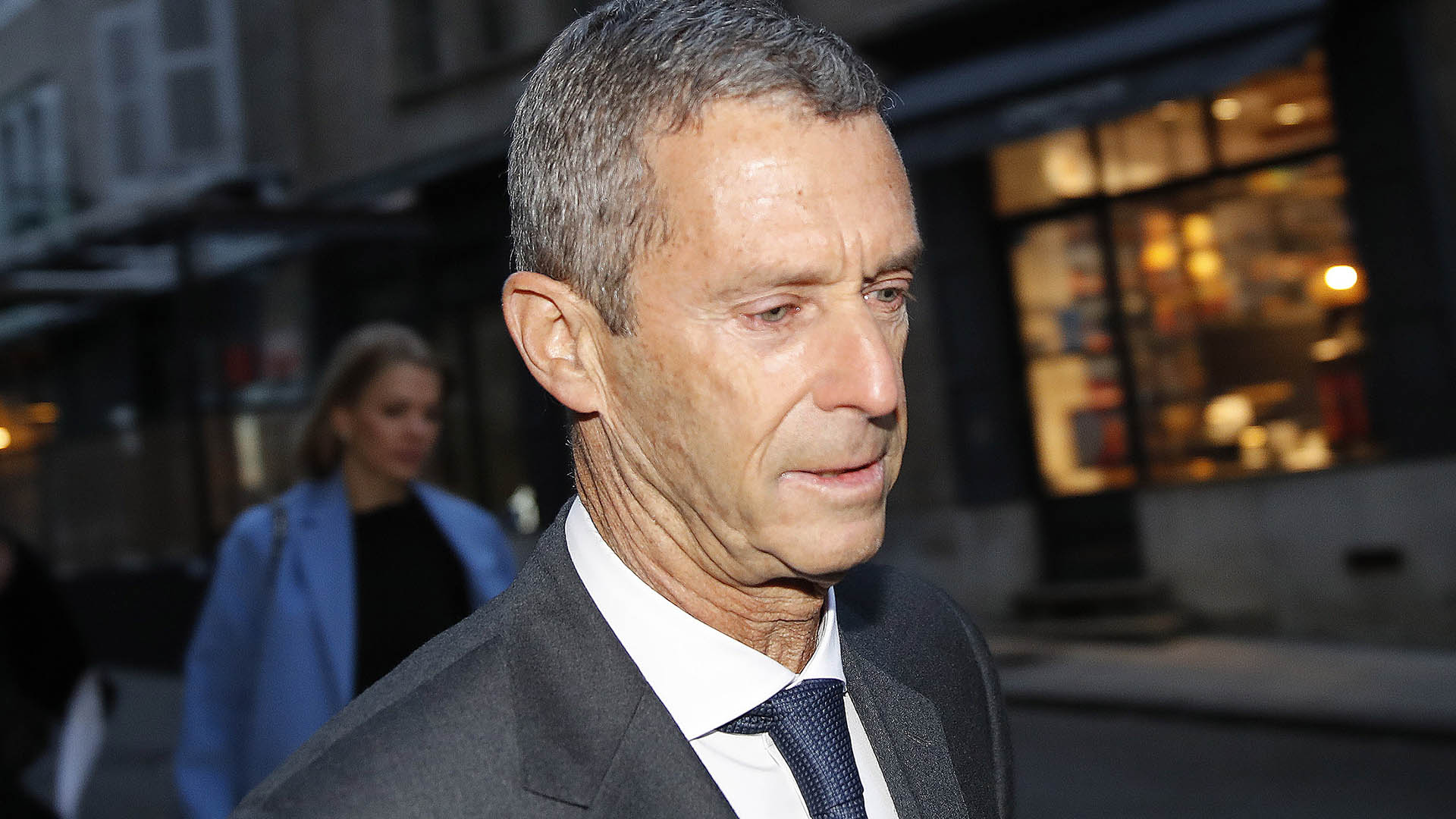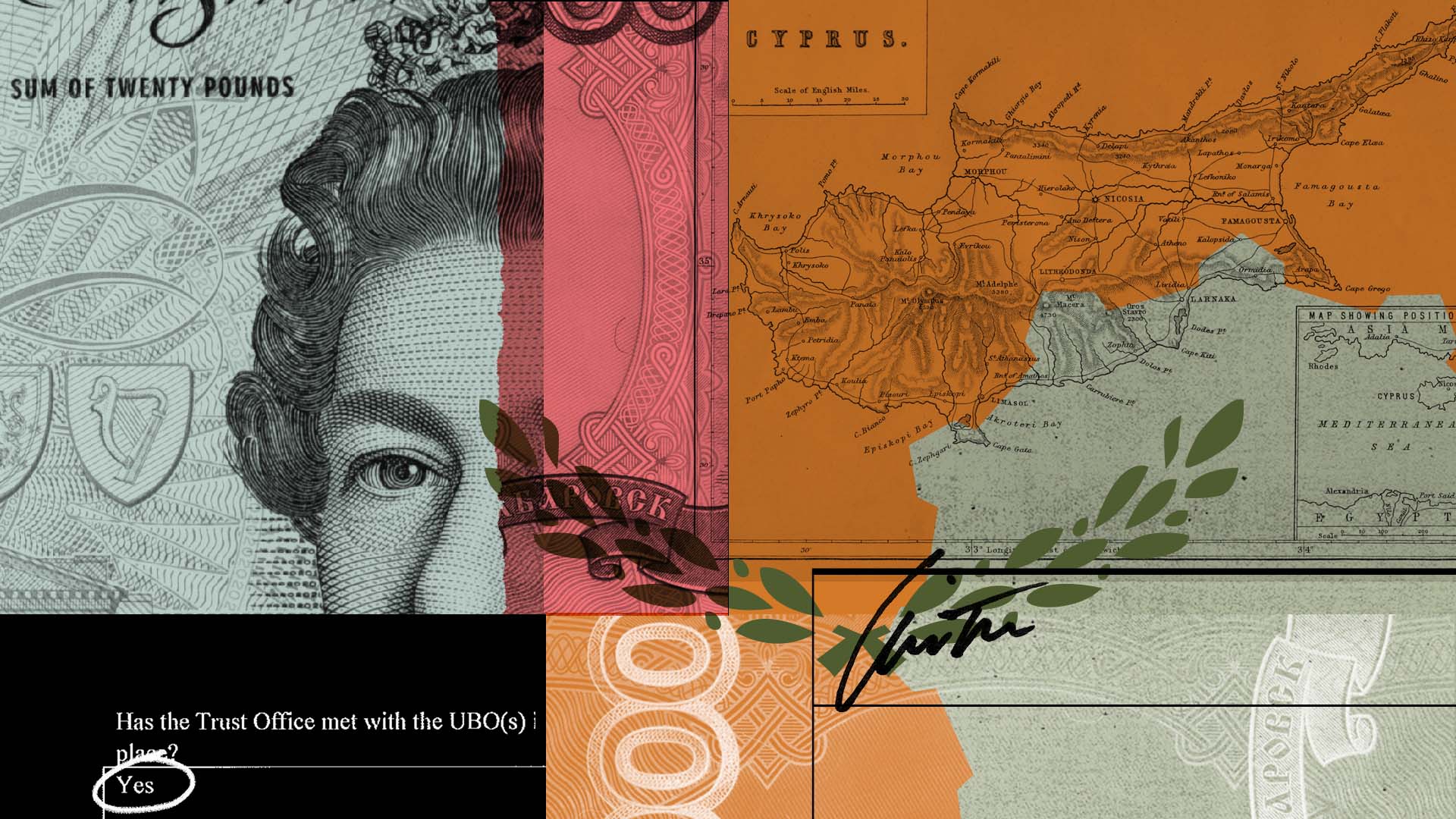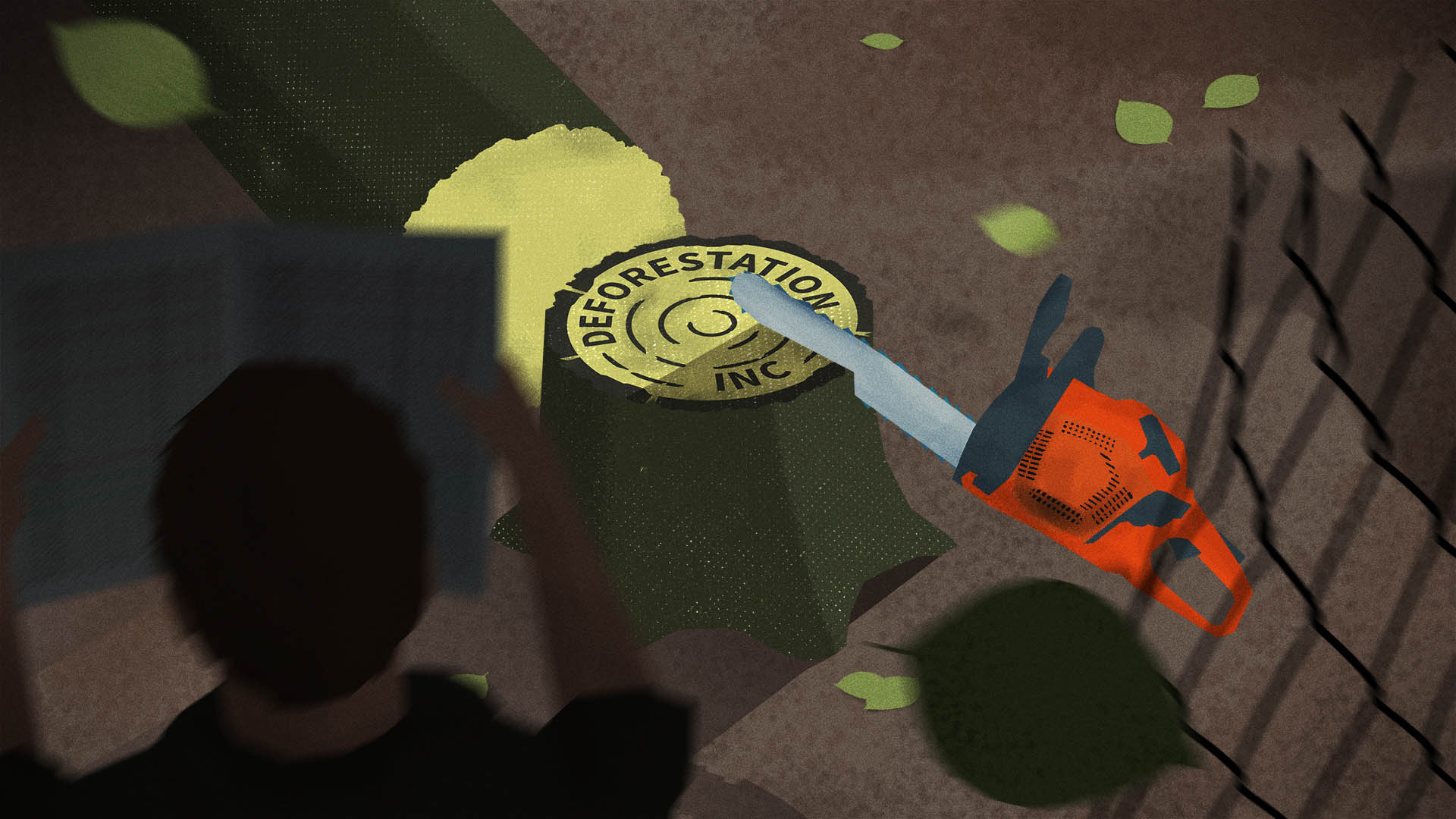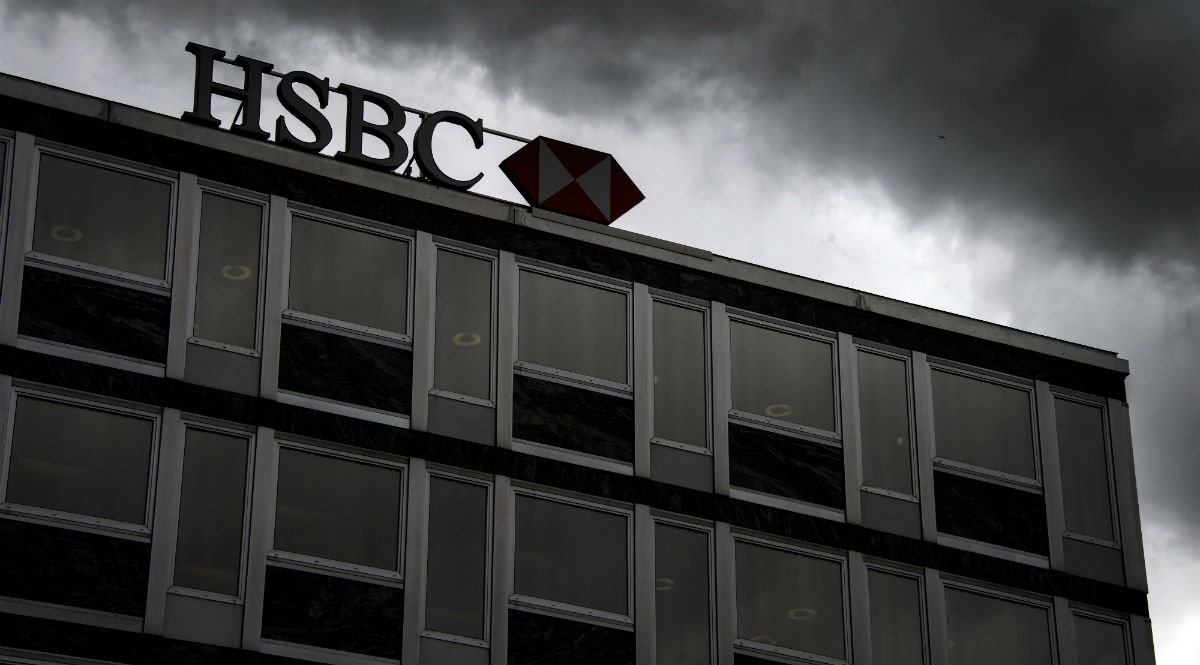
Switzerland’s HSBC Private Bank has agreed to pay the U.S. Government $192 million in penalties after it admitted encouraging wealthy Americans to hide $1.26 billion in assets from tax authorities.
The Geneva-headquartered bank entered into a deferred prosecution agreement with the Department of Justice on Tuesday, following an investigation that focused on HSBC’s activities between 2000 and 2010.
A Department of Justice statement on Tuesday detailed trips taken between 2005 and 2007 by HSBC bankers traveling from Switzerland to the U.S. to “recruit new U.S. clients to open undeclared accounts.”
“HSBC Switzerland conspired with U.S. account holders to conceal assets abroad and evade taxes that every American must pay,” said Acting Deputy Assistant Attorney General Stuart M. Goldberg of the Department of Justice’s Tax Division. “Banks, asset managers and other financial firms enable such crimes – and we will hold these institutions to account, right along with the taxpayers that use them to facilitate and disguise illegal activities.”
Court documents show that bankers and fiduciaries actively solicited clients to hide their assets through a system of codenames, numbered accounts and offshore networks in tax havens, including the British Virgin Islands, Liechtenstein and Panama.
The practices detailed in the court documents mirror revelations from the International Consortium of Investigative Journalists’ 2015 Swiss Leaks investigation, which exposed a wide spectrum of illegal behavior between HSBC Private Bank and its clients, especially in hiding vast sums of money from tax authorities.
The investigation was based on a tranche of leaked HSBC documents the ICIJ obtained via the French newspaper Le Monde, and shared with a team of 140 reporters from 45 countries.
The secret files, which covered account details associated with more than 100,000 individuals and legal entities up to 2007, are a version of the data the French government obtained and shared with other governments in 2010, including the U.S., Spain, Italy, Greece, Germany, Britain, Ireland, India, Belgium and Argentina.
At the time of the investigation, HSBC told ICIJ that it had since reformed its private Swiss branch and had cut a number of clients featured in the leaked files.
“We acknowledge that the compliance culture and standards of due diligence in HSBC’s Swiss private bank, as well as the industry in general, were significantly lower than they are today,” the bank said in a 2015 statement in response to ICIJ’s investigation.
Internal Revenue Service Criminal Investigation chief Don Fort said the agreement showed that financial institutions would be held to the same standards as individual taxpayers when it came to enforcing the law.
“When financial institutions devise a massive tax evasion scheme and actually facilitate the activity, they not only must be held accountable, they must take actions to ensure this behavior will not happen again,” he said.
The bank’s $192.35 million penalty is split into three parts, including more than $60 million in restitution to the IRS for unpaid taxes; almost $72 million to account for gross fees earned on undeclared assets; and a $59 million penalty. Under the terms of the agreement, HSBC Switzerland will avoid prosecution provided it continues to demonstrate “good conduct” for the next three years.

